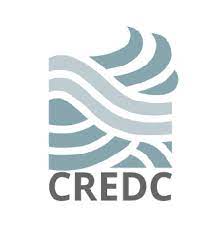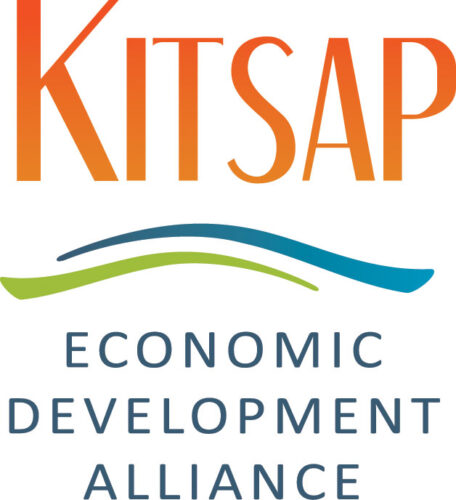Maybe it’s happened to you: your company receives a notice of unsuccessful offeror, and your eyes pop. You can’t believe that the winner’s price is so low. “There’s no way they can successfully perform for that,” you say.
But before you file a GAO bid protest, you should carefully check the solicitation’s evaluation criteria. As one unsuccessful offeror recently learned the hard way, GAO often won’t listen to an argument that “the other guy’s price is too low.”
GAO’s decision in Unico Mechanical Corp., B-419250 (Oct. 29, 2020) involved a Department of the Interior small business set-aside solicitation seeking a contractor to replace the intake tower cylinder gate stem assemblies at Hoover Dam.
The solicitation called for the award of a single fixed-price contract. Award was to be made on a “best value” basis, considering price and four non-price factors. With respect to the price evaluation, the solicitation stated that “proposed prices would be evaluated for reasonableness and to check for ‘any instances of unbalanced pricing.’”
Unico Mechanical Corporation submitted a proposal. Unico proposed a price of approximately $48.3 million. Marine Diving Solutions, LLC also submitted a proposal. MDS’s proposed price was approximately $36.3 million.
After evaluating proposals, the agency selected MDS for award. Unico then filed a GAO bid protest. Among its allegations, Unico contended that MDS’s “substantially lower” price meant that MDS’s “underlying cost estimate is flawed.” Unico argued that the agency improperly failed to determine whether MDS’s proposed price was realistic to allow it to perform the work.
GAO noted that the solicitation “provided that the agency would evaluate proposed prices for reasonableness and balance.” GAO then reiterated the very important (but often misunderstood) difference between price reasonableness and price realism:
An agency’s concern in making a price reasonableness determination focuses on whether the offered prices are too high, rather than too low. Arguments that the agency did not perform an appropriate analysis to determine whether an awardee’s proposed price was too low, such that there may be a risk of poor performance, concern price realism, not reasonableness.
GAO then explained that, in the context of a fixed-price acquisition, an agency’s ability to evaluate price realism depends on the terms of the solicitation:
Generally, when a solicitation contemplates award of a fixed-price contract, an agency may conduct a price realism analysis for the limited purpose of assessing whether an offeror’s low price reflects a lack of technical understanding or risk, but it may do so only when it has advised offerors in the solicitation that such an analysis will be conducted. Absent a solicitation provision advising offerors that the agency intends to conduct a price realism analysis, agencies are neither required nor permitted to conduct such an analysis when awarding a fixed-price contract.
While GAO didn’t discuss the policy rationale for this rule in the Unico Mechanical decision, it has previously written that below-cost prices are not “inherently improper” when offerors are competing for a fixed-price contract. Indeed, there sometimes may be a good reason to submit a below-cost bid, such as trying to get a “foot in the door” and build past performance with a particular agency or contracting office. Therefore, “firms must be given reasonable notice that a business decision to submit a low-priced quotation may be considered as reflecting on their understanding of the contract requirements or the risk associated with their approach.”
In this case, GAO wrote, “Unico does not argue, nor does the record reflect, that the solicitation required or provided for a price realism analysis. Therefore, the agency “was neither required nor permitted to conduct such an analysis, and Unico’s arguments that the agency failed to consider whether the awardee’s price was too low fail to provide a valid basis of protest.”
GAO dismissed this argument, and denied the remainder of Unico’s protest.
It can be extraordinarily frustrating to lose a contract to a company whose low price may suggest that the awardee doesn’t fully understand the work, and that frustration can lead an unsuccessful offeror to consider a GAO bid protest. But when the solicitation is for a fixed-price contract, and doesn’t inform offerors that the agency will evaluate price realism, a protest argument that “the other guy’s price is too low” is likely to fail.
Questions about this post? Or need help with a government contracting legal issue? Email us or give us a call at 785-200-8919.
Looking for the latest government contracting legal news? Sign up here for our free monthly newsletter, and follow us on LinkedIn, Twitter and Facebook.
The post Here’s Why “The Other Guy’s Price Is Too Low” Often Fails As a GAO Bid Protest Argument first appeared on SmallGovCon – Government Contracts Law Blog.
Syndicated from SmallGovCon








